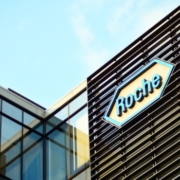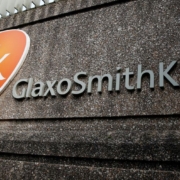Daiichi Sankyo and AstraZeneca reported positive topline data from their head-to-head DESTINY-Breast-03 Phase III trial for Enhertu versus trastuzumab emtansine (T-DM1) in patients with HER2 positive metastatic breast cancer.
Roche presented results from several Phase II and III trials at the 7th Congress of the European Academy of Neurology (EAN) Annual Meeting held virtually June 19-22.
GlaxoSmithKline and Vir Biotechnology said final results from a late-stage study of their monoclonal antibody confirmed sotrovimab significantly reduced hospitalization and death among high-risk Covid-19 patients when given early in the disease.
Eli Lilly and Company announced the launch of a head-to-head study to compare once-monthly injectable Emgality (galcanezumab-gnlm) with Nurtec ODT (rimegepant) for the prevention of migraine.
AstraZeneca said a late-stage trial failed to provide evidence that the company’s Covid-19 antibody therapy protected people who had contact with an infected person from the disease, a small setback in its efforts to find alternatives to vaccines.
Britain’s GlaxoSmithKline Plc agreed to pay up to $2 billion to iTeos Therapeutics Inc. to develop and sell a potential cancer treatment together, the companies said on June 14.
The U.S. health regulator authorized a lower dose of Regeneron Pharmaceuticals’ Covid-19 antibody cocktail that can be given by injection, a move that could ease logistical challenges stemming from administering a higher dose intravenously.
The U.S. Food and Drug Administration gave an emergency use authorization to the antibody treatment developed by Vir Biotechnology and GlaxoSmithKline for treating mild-to-moderate Covid-19 in people aged 12 years and older.
Antiviral pills against the severe acute respiratory syndrome coronavirus 2 (SARS-CoV-2), the novel coronavirus responsible for coronavirus disease 2019 (Covid-19), are showing promise in new clinical trials.
Pivotal data from Amgen’s and AstraZeneca’s NAVIGATOR Phase III trial show tezepelumab, a potential first-in-class human monoclonal antibody, reduced asthma aggravations and exacerbations requiring hospitalizations better than placebo in patients with severe asthma.









